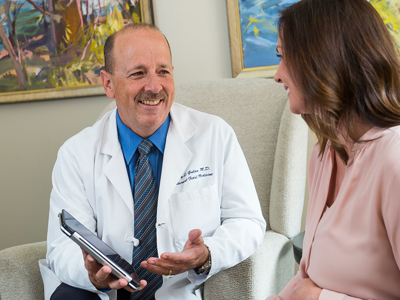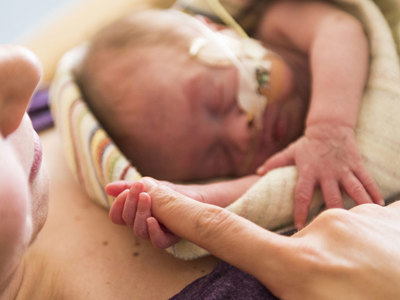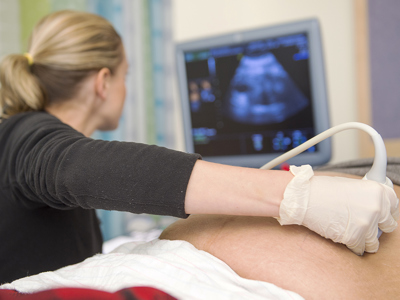- Doctors & Departments
-
Conditions & Advice
- Overview
- Conditions and Symptoms
- Symptom Checker
- Parent Resources
- The Connection Journey
- Calm A Crying Baby
- Sports Articles
- Dosage Tables
- Baby Guide
-
Your Visit
- Overview
- Prepare for Your Visit
- Your Overnight Stay
- Send a Cheer Card
- Family and Patient Resources
- Patient Cost Estimate
- Insurance and Financial Resources
- Online Bill Pay
- Medical Records
- Policies and Procedures
- We Ask Because We Care
Click to find the locations nearest youFind locations by region
See all locations -
Community
- Overview
- Addressing the Youth Mental Health Crisis
- Calendar of Events
- Child Health Advocacy
- Community Health
- Community Partners
- Corporate Relations
- Global Health
- Patient Advocacy
- Patient Stories
- Pediatric Affiliations
- Support Children’s Colorado
- Specialty Outreach Clinics
Your Support Matters
Upcoming Events
Mental Health Town Hall
Tuesday, April 23, 2024Join Children’s Hospital Colorado pediatric experts for a virtual...
-
Research & Innovation
- Overview
- Clinical Trials
- Q: Pediatric Health Advances
- Discoveries and Milestones
- Training and Internships
- Academic Affiliation
- Investigator Resources
- Funding Opportunities
- Center For Innovation
- Support Our Research
- Research Areas

It starts with a Q:
For the latest cutting-edge research, innovative collaborations and remarkable discoveries in child health, read stories from across all our areas of study in Q: Advances and Answers in Pediatric Health.


Jose Alejandro: Fetal MMC Repair in the Face of a Pandemic
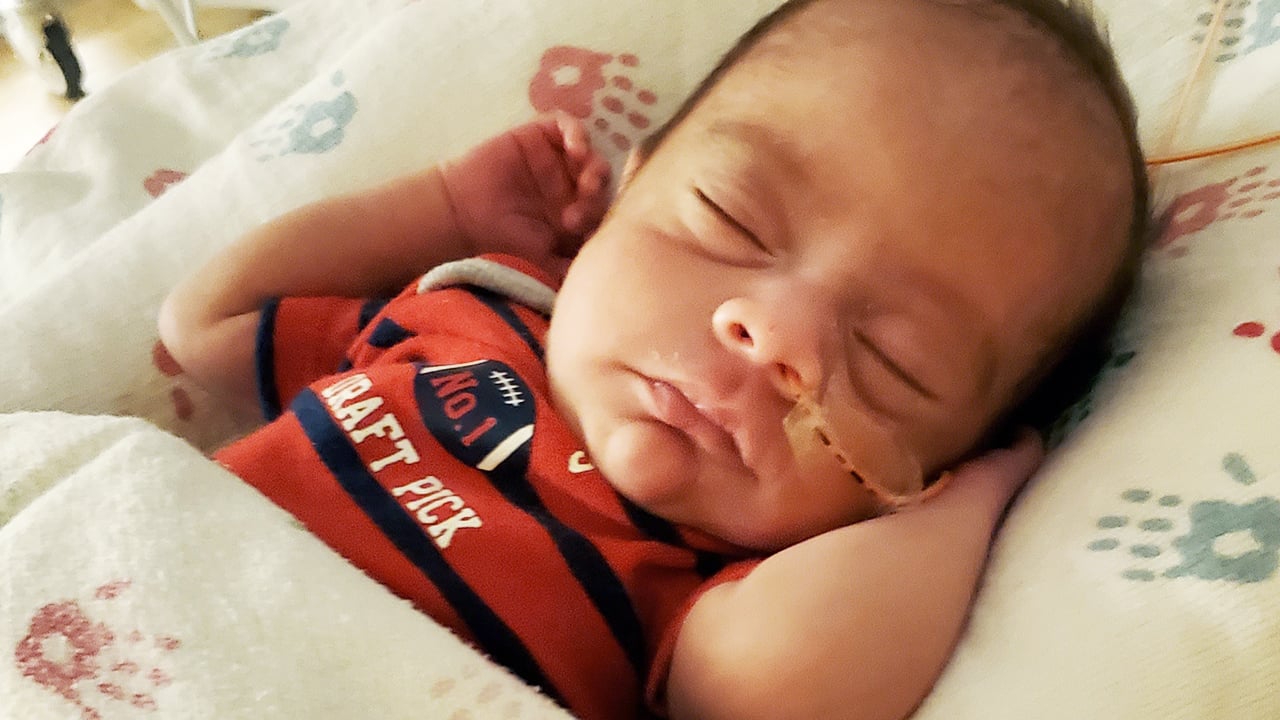
Nohely’s pregnancy was going well until her 20-week ultrasound in February 2020. She and her husband were first-time parents, excited to catch a glimpse of their baby, albeit on a screen.
The ultrasound didn’t go well.
“They told us, your son is paralyzed,” she remembers. “They said we should end the pregnancy.”
The diagnosis: myelomeningocele, or MMC, the most severe form of spina bifida. It occurs when the neural tube fails to close during development, leaving the spine and nerves exposed to amniotic fluid. That exposure can result in a host of problems, including paralysis.
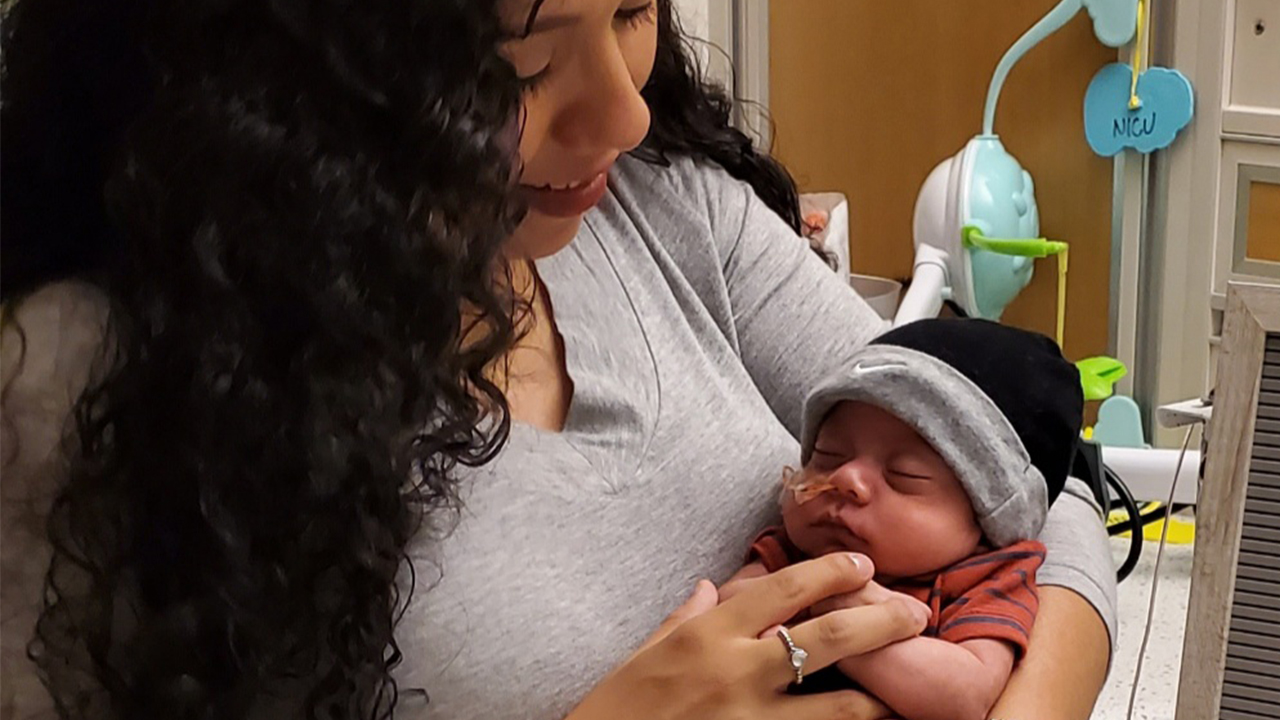
Nohely sought a second opinion. The diagnosis was correct, but there was hope. Before long, she was seeing a team at a hospital in Chicago, working through the many meetings, evaluations and consultations needed to prepare for fetal surgery. It was scheduled for April 6.
A week before, the hospital called and canceled. They had to suspend “elective” surgeries due to COVID-19.
The benefits of fetal surgery for MMC
In the mid-2000s, The Management of Myelomeningocele Study, or MOMS trial, decisively established fetal MMC repair as the gold standard for MMC treatment. Children who got the repair while still in the womb had better mental development, motor function and likelihood of walking unassisted than children who got it after birth. The team also saw a reduced need for shunting to divert fluid buildup from the brain, a common MMC complication.
“It’s a technically challenging operation,” says pediatric and fetal surgeon Kenneth Liechty, MD. “You’re operating on a fetus a fraction of a pound, keeping the fetus in the womb throughout, and then closing the mother back up.”
The surgery is performed at just a handful of centers throughout the country. The Colorado Fetal Care Center’s outcomes and quality measures for fetal MMC repair are among the best in the nation, but the operation still involves risks, one of which is the potential of pre-term labor. That risk goes up significantly after 26 weeks’ gestation, the universally accepted cutoff.
When Nohely got the cancelation, she was 25 weeks.
COVID-19 cancelations of non-elective surgeries
In late March, cases of COVID-19 were spiking around the nation. Stay-at-home orders were getting issued, businesses shutting down. Hospitals were suspending elective procedures, especially at adult centers, where there was a real fear of running out of intensive care beds.
In Chicago, Nohely’s MMC repair had to be put on hold. But Nohely couldn’t wait.
Her team helped her book an intake and surgery at another hospital a roughly five-hour drive away. Three hours later, they canceled, too. Next on the list was a center in Minnesota.
“I was about to leave the house, no joke, hand on the doorknob ready to leave when they called and canceled,” Nohely says. “At that point I just broke down. Three hospitals, all canceled. We couldn’t even figure out how to calm down.”
Nohely had four days left. Her team suggested two last possible options: a hospital on the east coast and the Colorado Fetal Care Center. The Colorado Fetal Care Center called 20 minutes later.
“A lot of fetal centers are housed in adult hospitals,” says Dr. Liechty. “We’re not an adult hospital, and we didn’t have the volume of sick adults that other centers were dealing with, so we were able to remain fully operational when other fetal care centers were closing their doors. And we don’t view this surgery as elective, because we know the clock is ticking.”
Nohely remembers the call vividly: “They said, if you start driving now, no way will we cancel.”
Fetal MMC repair at the Colorado Fetal Care Center, and after
Nohely and her husband made the 18-hour drive and got in on Friday. On Monday, the last possible day, Nohely went into surgery.
“It was a good-sized defect,” Dr. Liechty remembers, “But we were reassured because there was good leg and ankle movement, so that tells us there hadn’t been spinal damage.”
The team also saw a reversal of the fluid buildup in the brain, avoiding the need for shunting.
Nohely and her husband stayed in Aurora, Colorado, for four weeks after the surgery. The Colorado Fetal Care Center team wanted to keep an eye on her healing and be on hand for any complications, and they didn’t want her to be traveling during the COVID-19 surge. Children’s Colorado provided accommodations for two weeks, and the social work team at Nohely’s referring hospital helped put them up for two weeks more.
It was a team effort, and a load off Nohely’s mind during a stressful time.
Life after fetal spina bifida surgery
Nohely and her husband eventually delivered their baby, Jose Alejandro, back home in Chicago. Although the Colorado Fetal Care Center has a dedicated labor and delivery unit for high-risk deliveries, the goal is always to get moms back to their own communities when possible, close to their families and support systems.
“From the report, the wound looks very well healed, and I understand the baby has good foot motion,” says Dr. Liechty. “I’m really happy we could help.”
“He is doing phenomenal,” says Nohely. “My delivery hospital, they said Children’s Colorado did an amazing job. I owe them everything.”
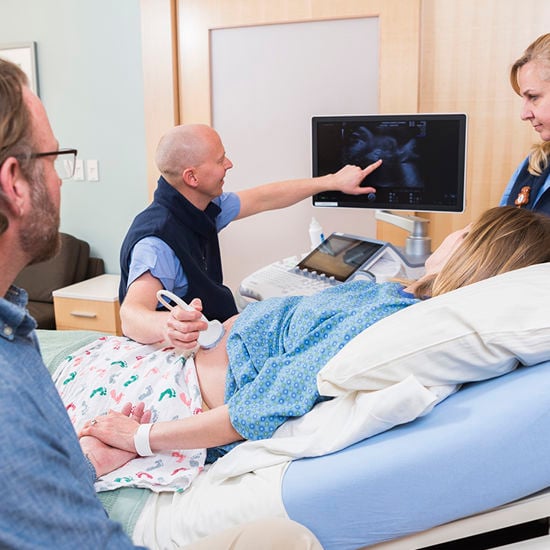
Would you like a second opinion?
If you have received a prenatal diagnosis, are considering treatment options or just want to feel more confident about your treatment plan, our fetal care experts are here to help.
Request a second opinion from our Colorado Fetal Care Center



 720-777-0123
720-777-0123




